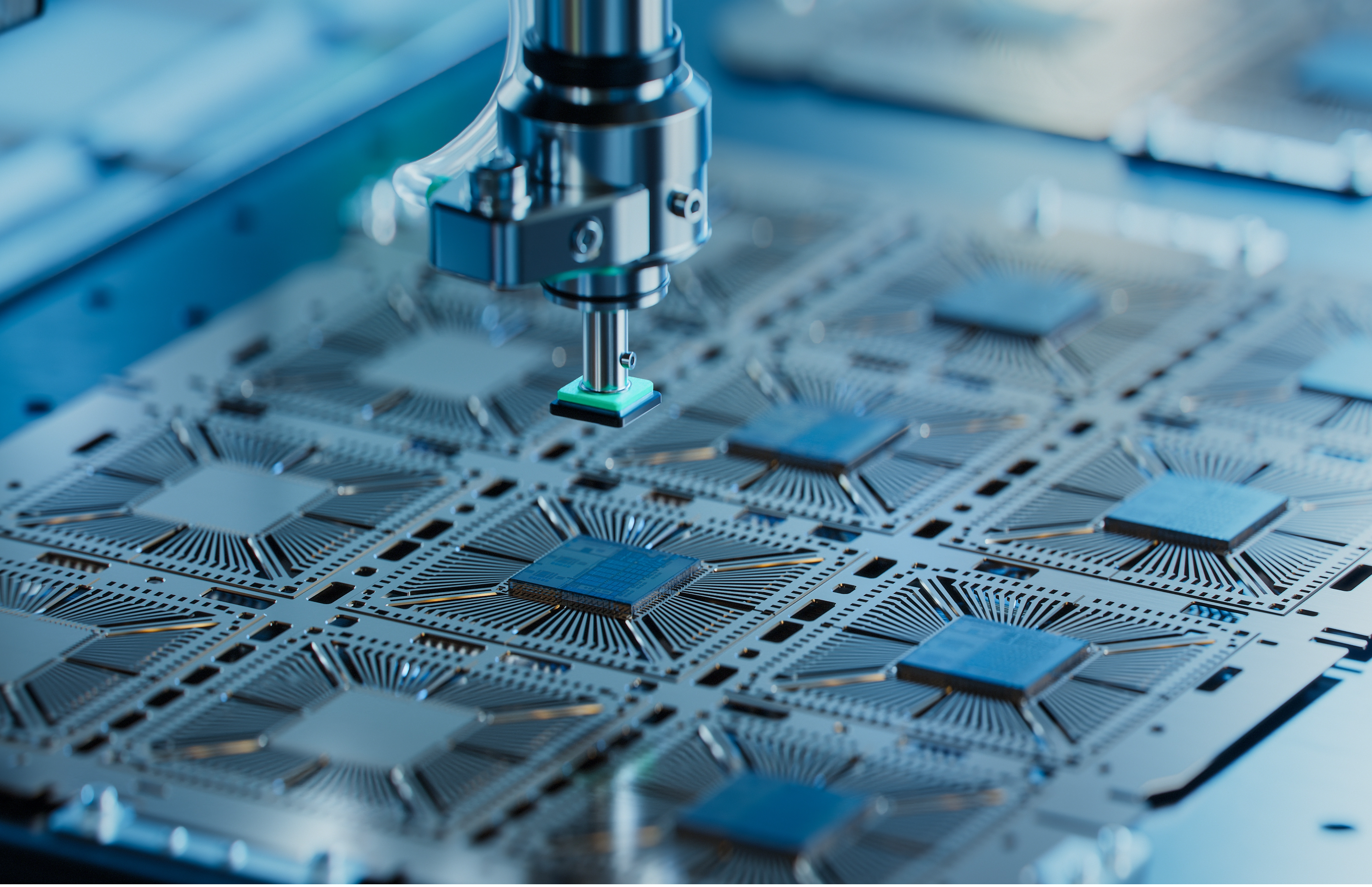Texas Instruments set to receive US$1.6Bn in funding for semiconductors
Opinion Pieces

27
Aug
2024
Texas Instruments set to receive US$1.6Bn in funding for semiconductors
Texas Instruments, a semiconductor company which focusses on developing analogue chips and embedded processors, was awarded US$1.6Bn in direct funding under the CHIPS and Science Act.
Moreover, the company is expecting to receive an estimated US$6–8Bn from the US Department of Treasury’s Investment Tax Credit for qualified US manufacturing investments.
This funding will ultimately support the company’s investment of over US$18Bn into the expansion of existing facilities, and construction of three new ones, of which two are already under construction. Facilities SM1 and SM2 are located in Sherman, Texas, and the other (LFAB2) in Lehi, Utah.
Earlier in the year, the US government revealed the companies that would receive funding under the Act for the development of domestic semiconductor production. These included major industry giants such as Taiwan Semiconductor Manufacturing Company (TSMC), Samsung, Intel, and Global Foundries (GF). Each of these, received funding upwards of US$1.5Bn in the form of direct funding and cheap loans.
Texas Instruments has stated that it intends to increase its internal manufacturing rate to over 95% by 2030. The company aims to achieve this by expanding its 300mm wafer capacity to meet growing consumer demand for analogue and embedded processing chips.
The future of these facilities is under scrutiny after approximately 40% of recent investments into semiconductors in the USA have been halted or postponed relating to unfavourable market conditions, specifically high building costs.